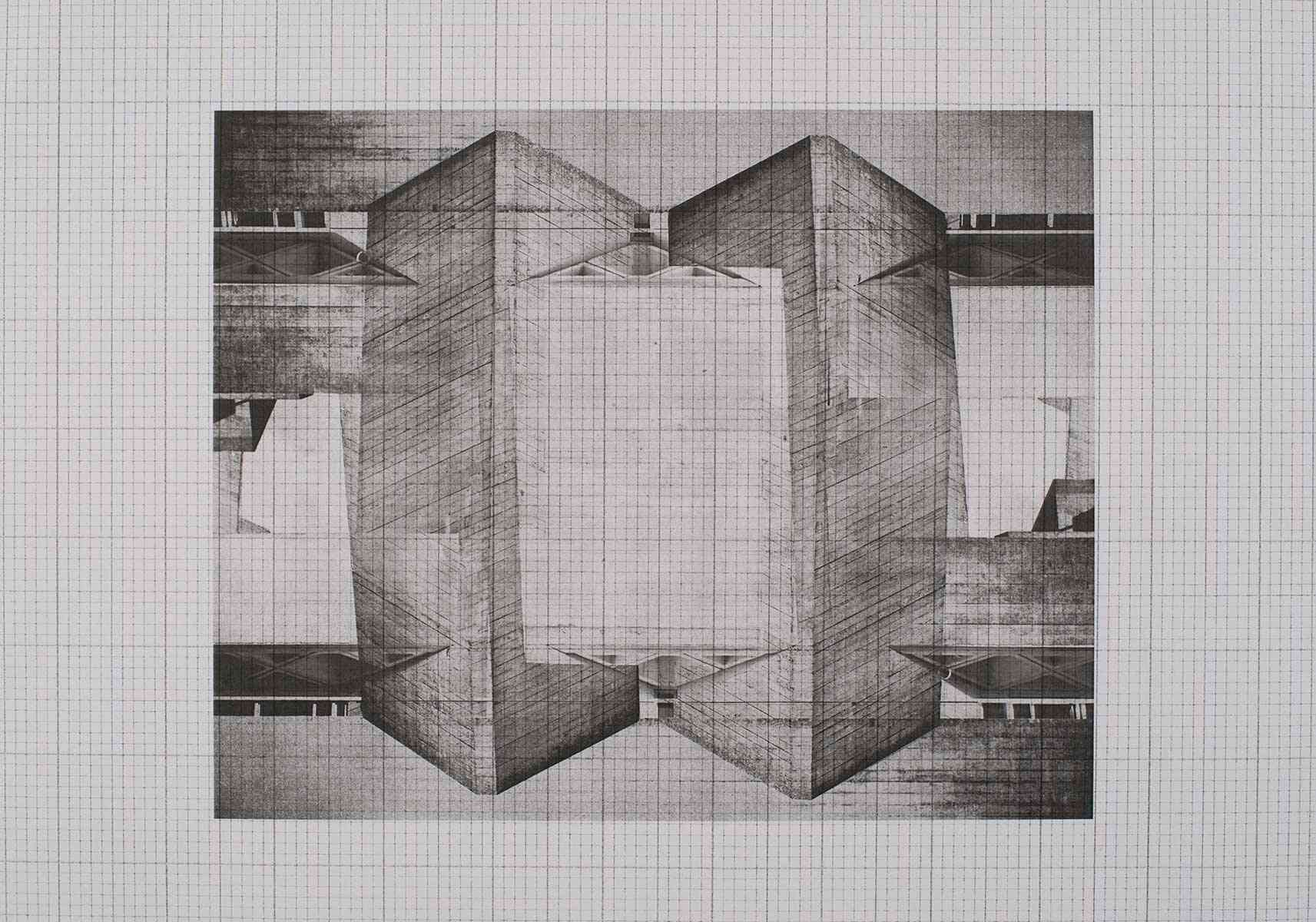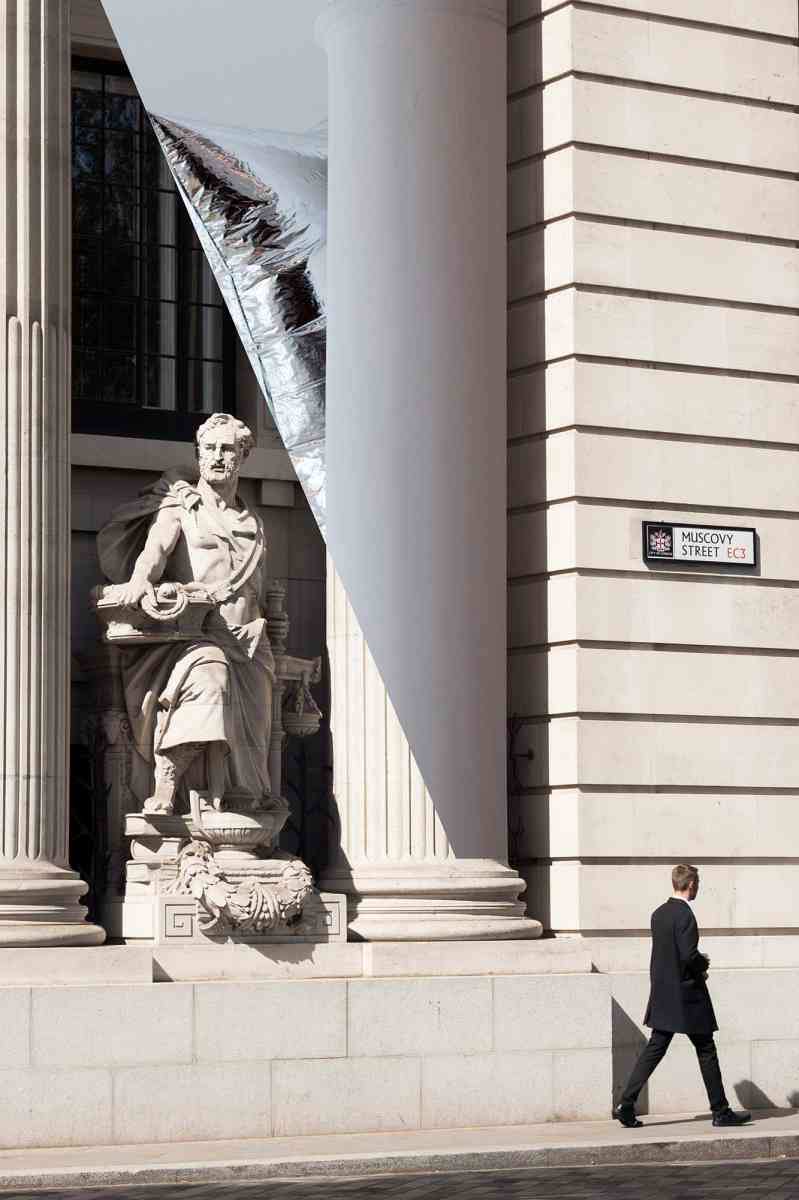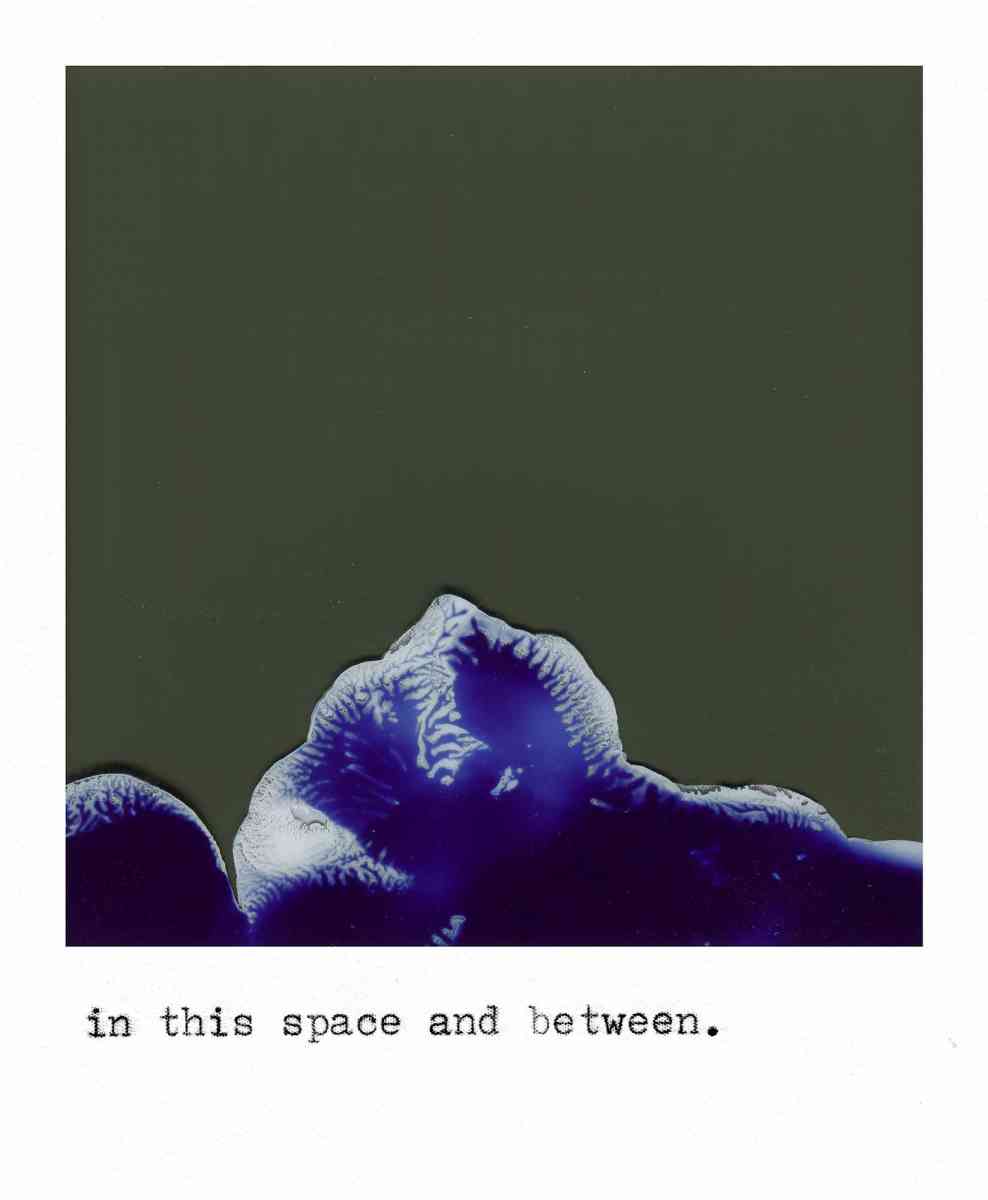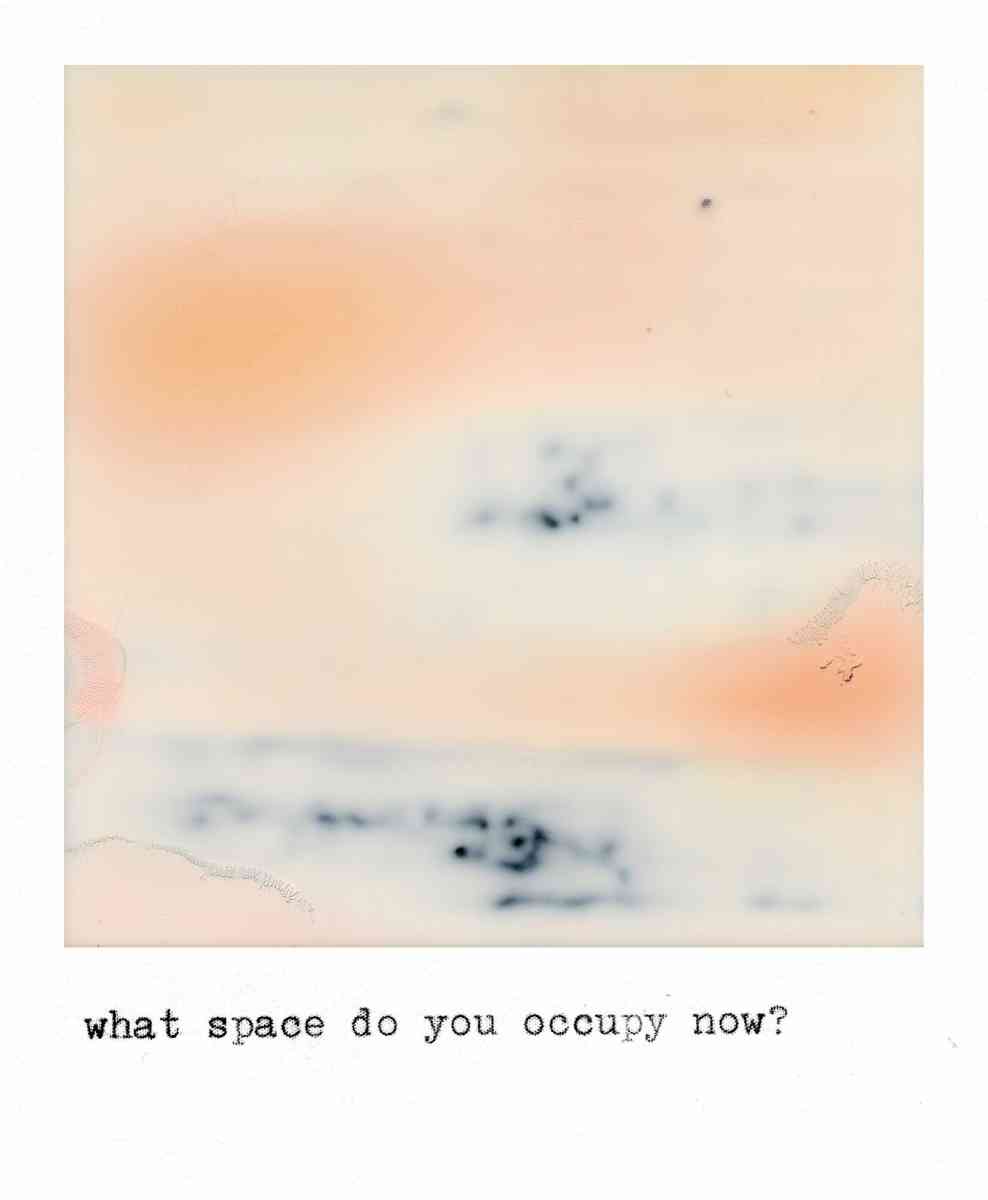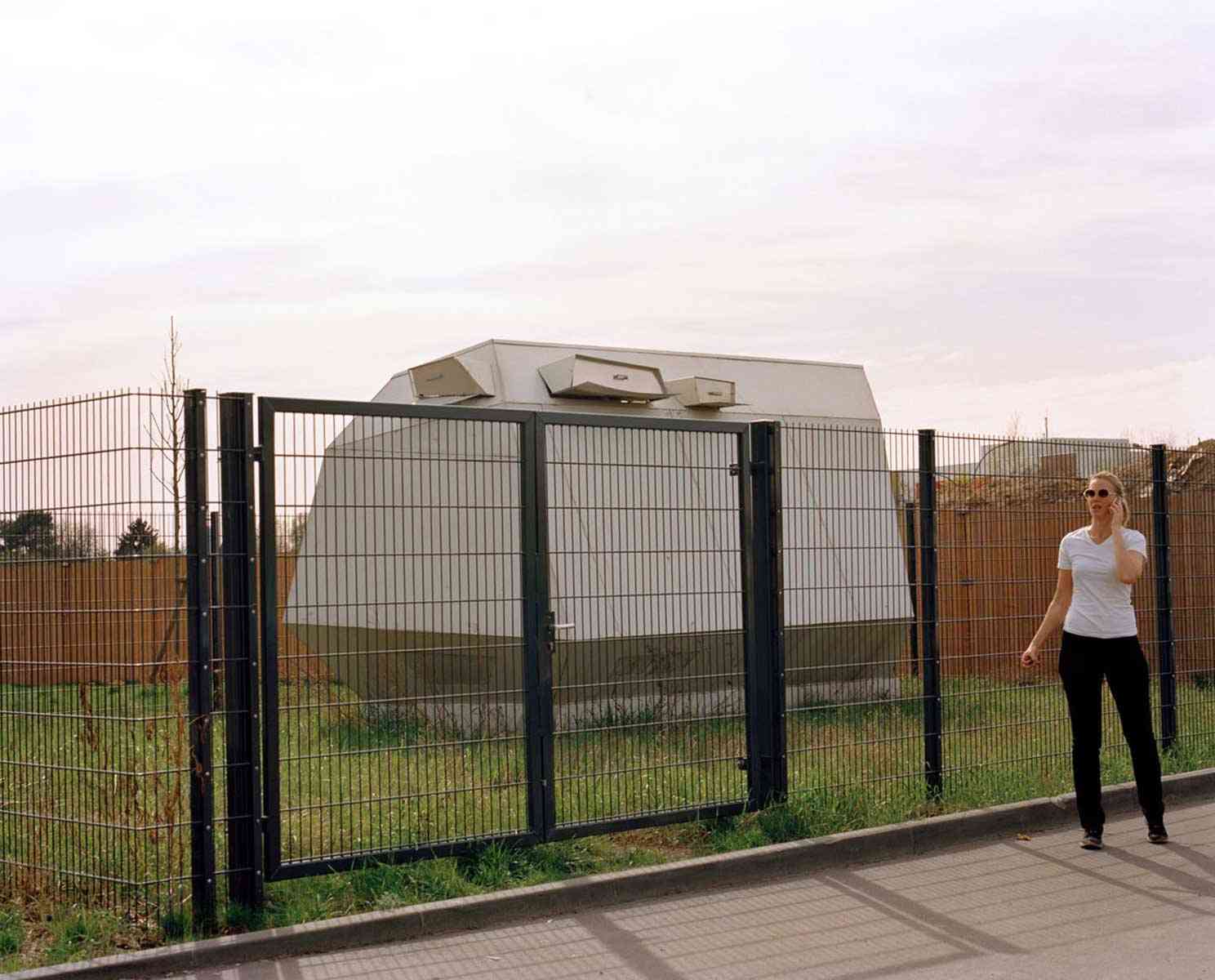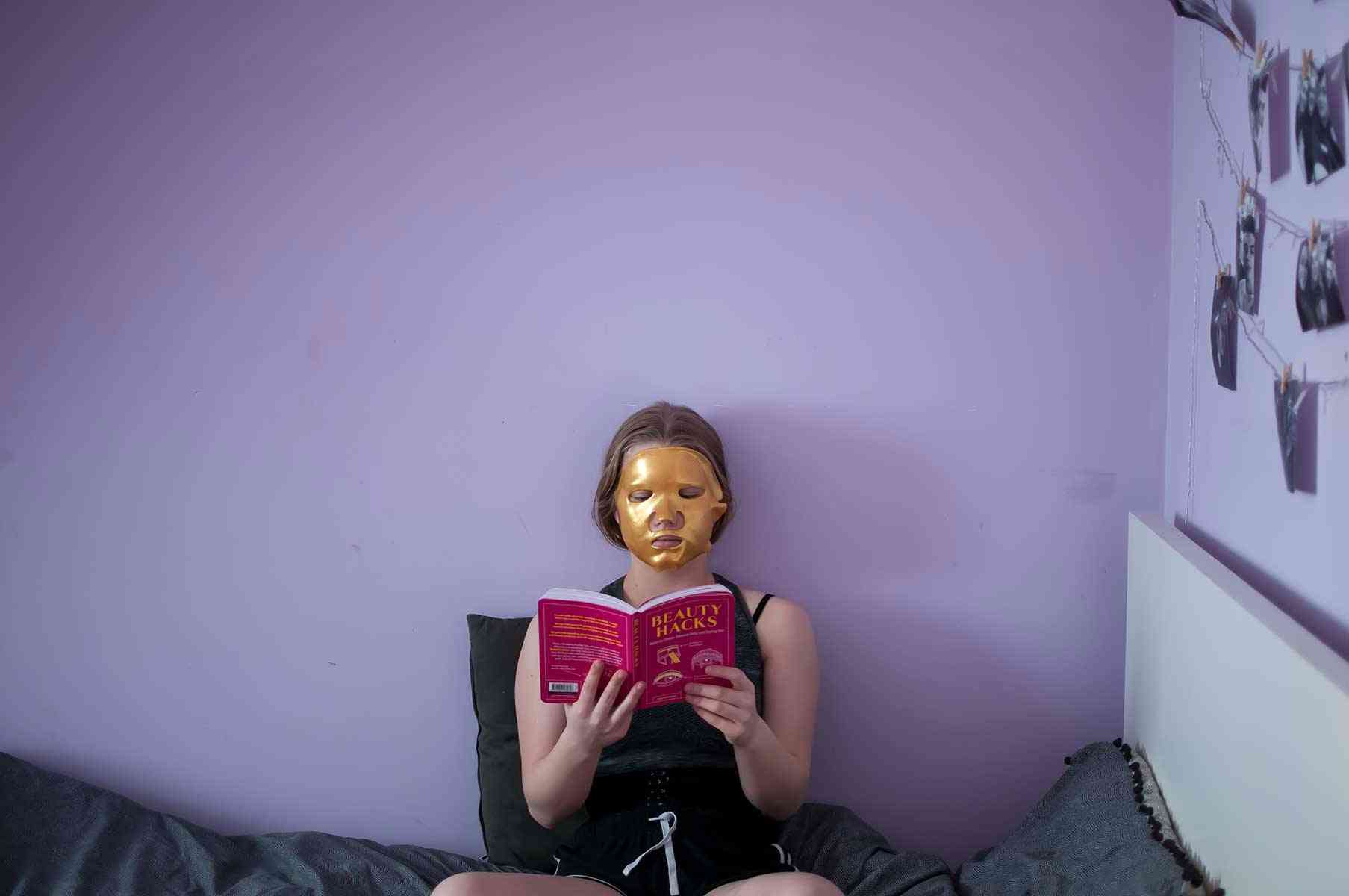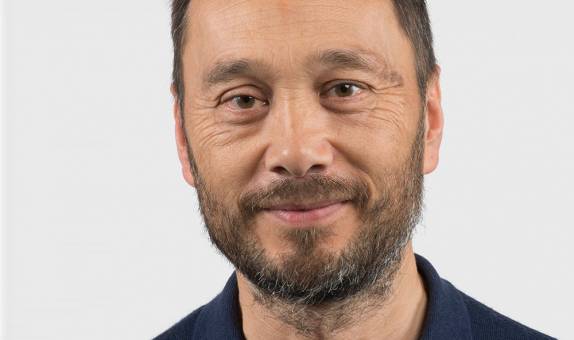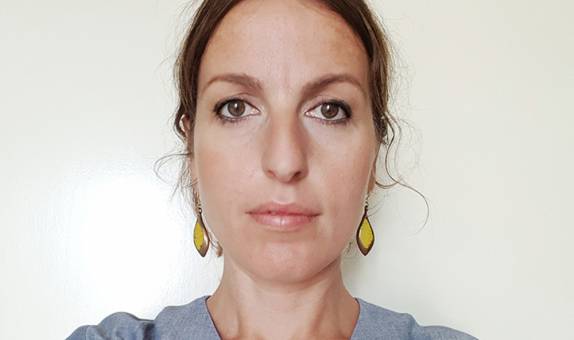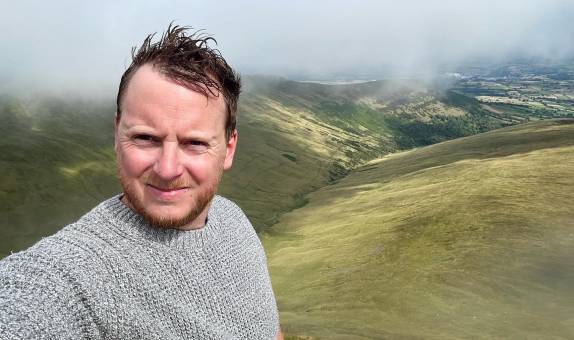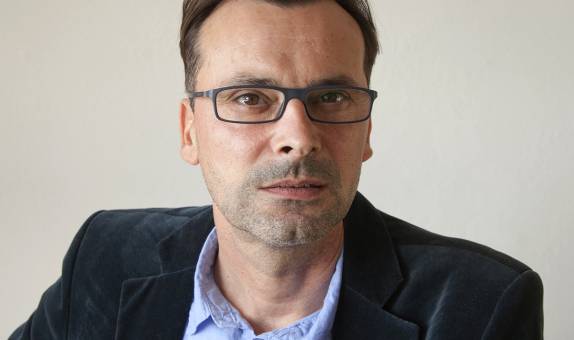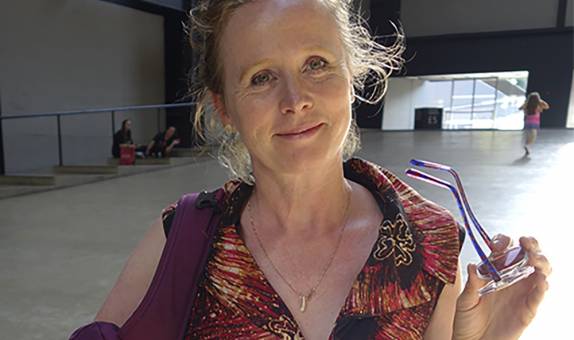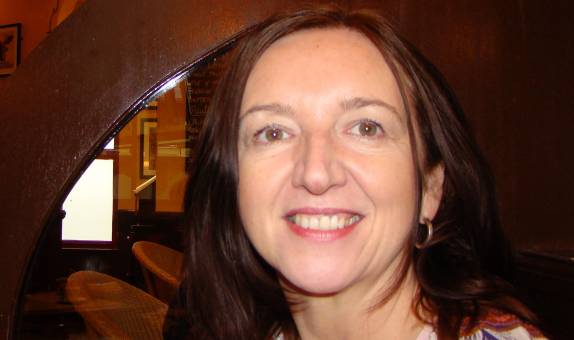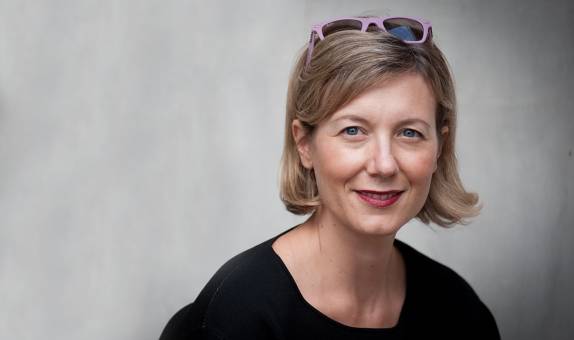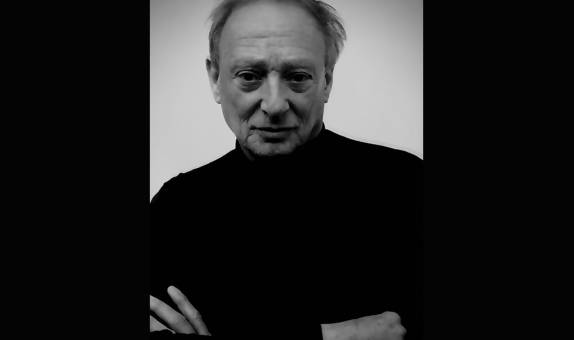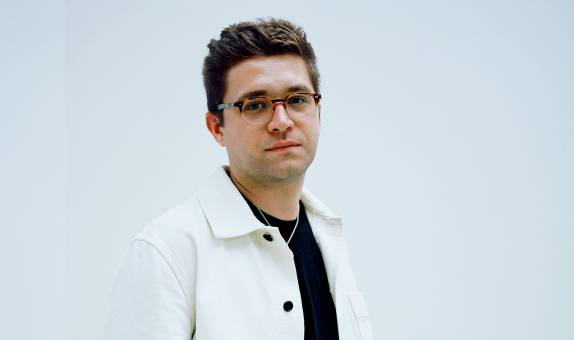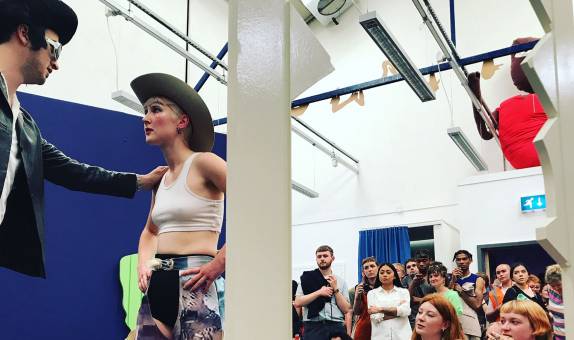Photography BA (Hons)

Teaching Excellence Framework (TEF) Gold award
Our commitment to high quality teaching has been recognised with a TEF Gold rating. The University has received an overall rating of Gold, as well as securing a Gold award in the framework's two new student experience and student outcomes categories.
Why choose this course?
Photography is pivotal to fine art, fashion, advertising and editorial photography, as well as digital applications. This course is centred on the making and understanding of photographic production and critical thinking, applied to any subject area.
You'll study both analogue and digital photography; the key focus of the course is for you to develop your creative ideas alongside your professional skills, within a multi-genre approach to the medium. The course takes maximum advantage of Kingston's proximity to the vibrant art, photography and cultural life of London – one of the major photographic art and commercial centres of the world.
There will be opportunities to work with historic manual processes such as cyanotypes and salt prints as well as other 'craft' processes including creating unique one-off photo books.
| Attendance | UCAS code | Year of entry |
|---|---|---|
| 3 years full time | W640 | 20242025 |
For 2024 entry, please submit your application before the UCAS deadline as this course may not be in a position to consider applications submitted after this date.
Please note: Teaching on this course may take place on more than one KU campus.
| Main location | Kingston School of Art, Knights Park |
Reasons to choose Kingston
- We're ranked No.2 in London for Film Production and Photography (Guardian University Guide League Tables 2023).
- You can prepare yourself for employment and increase your workplace skills through an optional work placement.
- You'll be taught by staff who publish and present their work nationally and internationally. Our technical staff are practising artists and will support you in the bespoke photography workshop.
The Art School Experience
As part of Kingston School of Art, students on this course benefit from joining a creative community where collaborative working and critical practice are encouraged.
Our workshops and studios are open to all disciplines, enabling students and staff to work together, share ideas and explore multi-disciplinary making.

Photography at Kingston
What you will study
You'll develop your creativity and photography through workshops and self-initiated projects. A programme of seminars, lectures, workshops and tutorials will enhance your learning and prepare you for your professional future. Our teaching relates your own ideas and ambitions to the critical, contemporary and historical contexts of photography.
The degree programme sets out to structure your learning and appreciation of, and about, photography and its potential through a process which identifies distinct aims and progress each year.
Modules
Years 1 and 2 are made up of four modules, each worth 30 credit points. Year 3 is made up of three modules – two worth 30 credits and one worth 60 credits. Typically a student must complete 120 credits at each level.
Year 1
Year 2
Optional year
Final year
In your first year, you'll become aware and critical of the range of photography practices and the possibilities of a personal photography practice. You will be encouraged to experiment with new approaches and techniques.
Core modules
Independent Photography Practice
30 credits
This module introduces the course. It introduces active learning, research and reflection through practical photography projects which lead from thematic and conceptual to self-initiated and developmental projects. These projects will involve increasing engagement with conceptual and thematic concerns utilising different methodologies for work. There is an emphasis on the self-initiated development of critical photography in response. You will develop and independently produce (with tutorial support) a body of work that can be considered "personal photography" arising from personal concerns. In effect, a committed and serious independent practice on reflection, rather than purely a set response to project briefs.
Photographic Production Processes
30 credits
This module's focus is on the attainment of an array of production and technical skills to expand and enhance the development of a personal (and professional standard) photographic language. It is primarily concerned with the development of a critical awareness of photography processes, photography and related transferable skills, research and critical thinking. It begins with active learning through skills based projects, both analogue and digital. All projects will encompass conceptual concerns, individual development and critical engagement with a photographic ‘way of seeing' and working with light, both natural and artificial, which lead from thematic and conceptual to self-initiated and developmental projects. Each project will be introduced and continue with technical workshops, group seminars a series of group project reviews. and individual tutorial support.
Modes of Presentation for Photographers
30 credits
In this module you will develop and progress further your independent photography and begin to engage with the moving image, extending your skillset and enhancing the potential for all image based work. The intention is for you to explore and exam the implications of different modes for editorial presentation with your photography and image making. You will be supported to develop appropriate methods of presentation through tutorials, workshops aligned with your contribution to the seminar programme where you show and discuss work-in-progress to your peer group. You will self-publish photographic books and other photographic series of works for summative assessment at the end of each teaching block.
Contextualising Contemporary Practice: Photography
30 credits
This module introduces the various contexts in which the contemporary practices of photography, are defined, debated and displayed. The module is designed to support your first steps as practitioners within the wider field of the visual arts in the 21st century. Through lectures, discussions, screenings and exhibition visits you will be introduced to the historical framework of modernity and post-modernity in order to understand the development and contemporary situation of your discipline. The module is organised as discrete but related teaching blocks that progress from broader questions of cultural practice to the more specific debates that have framed the historical development photography and its associated fields - for example moving images and fine art. In the first block, the emphasis is broad and focused on developing in you, an understanding of the notion of practice in the visual arts, by addressing the historical, theoretical, social and political factors that have affected our understanding of its function. In the second block, you will be encouraged to consider the key debates, theoretical questions and changing contexts that inform your discipline. Throughout there is an emphasis on the introduction of key analytical, critical and research skills, and through close engagement with visual sources, historical texts and contemporary critical writing, you will begin to develop the tools necessary to discuss, conceptualise and reflect on your own emerging practice.
In Year 2, you will develop your own independent and self-directed photography practice with critical support. You will continue to develop your ideas, skills and folios in more depth.
Core modules
Independent Critical Practice
30 credits
You will develop portfolios of independent photography and other supporting research materials that demonstrate a growing awareness of the potential of photography across different genres and critical contexts. The development of an independent photographic practice is supported through lectures, group and peer review (not formally assessed), workshops and individual tutorials. You will be supported to challenge their working practices for photography and extend their critical abilities, research knowledge and understanding, as well as increase their visual communication and successfully resolve their photographic responses to readings of important historical and contemporary texts explored in class.
Photography and Process
30 credits
The module encourages and challenges you to make critical photographic projects responding to different subjects and contexts, focusing on process, audience and refinement of visual literacy. You will have the opportunity to participate in collaborative projects as well as work individually, building and increasing confidence in communication and working in partnership towards resolution. You will continue to use journals/workbooks/blogs as a means of analyzing your practice, context, research, critically reflecting on process and making evident your engagement with subjects and project themes.
Professional Practice and Presentation
30 credits
You will engage directly with professional practice working collaboratively and with a project partner organisation, responding to two 'live' professional briefs. Through this important developmental work process, you will consider the implications of different modes of engagement and presentation on your evolving independent photographic practices. You will develop and produce two new bodies of photographic work in response to the 'live' briefs (set by course team) which forms the core of your portfolio and your end of module presentation. You will then produce and present the folios' selected coursework content as an end of year group exhibition and/or publications as an introduction to professional creative skills development, which will be explored further during level 6. The 'live' briefs will support your working processes, methodologies and development of professional level transferable skills and knowledge that will equip you for professional life. Teaching and learning will be delivered through a series of lectures, seminars, workshops and tutorials. Content will also include support and guidance on preparing a CV, writing supporting statements/letters focussed towards creative industries work, copyright, ethics and legal issues for photographers.
Critical Issues in Photography: Research and Practice
30 credits
Building on the historical contexts introduced at Level 4, this module concentrates on the theoretical frameworks in which photography is produced, consumed and interpreted today. Introducing case studies emerging from current trends in contemporary photographic practice, the module is taught as a combination of lecture, seminar, workshop and exhibition visits through which you will be encouraged and enabled to identify and experience the vital links between practice and research. The political, social, philosophical and aesthetic issues driving current practice will be introduced via lecture and seminar discussion, focused and deepened through independent reading and research, and applied and evaluated through workshops on research practice. With reference to key texts that have informed the development of photographic theory, you will acquire the knowledge and analytical skills to build a framework within which to engage with the critical contexts in which photography operates. You will also develop research methods appropriate to the study and practice of your discipline, propose an area of research for development at Level 6, and begin to contextualise and make sense of the concerns emerging in your own practice.
You can opt to study or work abroad through the University's Study Abroad programme or the Erasmus programme during your Photography degree.
In Year 3, you will become proficient, professional, assured, innovative and outward-facing through a more fully realised and engaged personal photography practice. You will refine your photography and define your ambitions more succinctly.
Core modules
Professional Practice
30 credits
This module is concerned with the development, creation and evidencing of a range of vital professional skills: the ability to respond with limited lead time to a photography brief (using skills gained in Level 4 and L5); the creation of a professional work-seeker's photography portfolio; the ability to present and coherently rationalise work to an audience; the production of a relevant CV; evidence of a web-presence. The aim of this module is to ensure that you are well prepared to further a career in photography (and/or related fields) upon graduation and thereafter.
Final Major Project
60 credits
In this module you will produce and display a coherent body of independent photographic work. You are required to synthesise and consolidate practical skills, critical approaches and understanding of the context of contemporary photographic practice through the production and presentation of a major body of work including exhibition installation. You will develop and apply skills of editing, selection, sequencing, printing, framing and other appropriate presentation to produce this final portfolio and display of photographic works, enabling you to progress to professional practice or further study.
Dissertation: Research and Reflection
30 credits
Building on the links between research and practice embedded at Level 5, the Critical and Historical Studies (CHS) Dissertation: Research and Reflection module focuses on in-depth research, critical enquiry and reflection on questions and critical issues emerging in students' own practice, and pertinent to the practice of their own discipline.
Over the module, students will initiate and develop an individual research topic; identify and evaluate appropriate archives, bodies of critical literature, visual/material sources and research methods; manage their study time; engage with and respond to tutorial dialogue and peer feedback, and apply critical and analytical skills to produce a 7-8000 word written Dissertation, supported by a series of lectures, seminars and tutorials.
Future Skills
Knowledge to give you the edge
Embedded within every course curriculum and throughout the whole Kingston experience, Future Skills will play a role in shaping you to become a future-proof graduate, providing you with the skills most valued by employers such as problem-solving, digital competency, and adaptability.
As you progress through your degree, you'll learn to navigate, explore and apply these graduate skills, learning to demonstrate and articulate to employers how future skills give you the edge.
At Kingston University, we're not just keeping up with change, we're creating it.

Entry requirements
Gallery of student work
Teaching and assessment
Scheduled learning and teaching on this course includes timetabled activities including lectures, seminars and small group tutorials.
It may also include critiques, project work, studio practice and performance, digital labs, workshops, and placements.
Who teaches this course?
All our Photography staff are industry and academic professionals with a diverse set of experiences and skills who exhibit and publish their work to national and international acclaim.
In addition, as part of our professional photographers' series, you will meet visiting professional photographers in class and view their work, as well as engage with them on a personal level, gaining important first-hand insights and knowledge of the professional photography world.
We have hosted and visited well-known photographers including: Nick Knight, Lauren Maccabee, Nadav Kander, Rosaline Shahnavaz, Franklyn Rodgers, Rhiannon Adam, Simon Roberts, Melanie Manchot, Guy Martin, Bridget Smith, Richard Boll, Sophie Harris-Taylor, Lewis Khan, Sarah Pickering, Natasha Caruana, Alexander Mourant, Ingrid Pollard, Almudena Romero and Marysa Dowling.
Facilities
You'll get to use a range of professional-grade facilities and equipment, from high-end digital capture, dedicated photography studios and darkrooms (analogue and digital).
Faculty workshops, supervised by qualified technical staff, support and enable further development and production of studio work across all areas of digital and analogue photography.
Fees for this course
Additional costs
Depending on the programme of study, there may be extra costs that are not covered by tuition fees which students will need to consider when planning their studies. Tuition fees cover the cost of your teaching, assessment and operating University facilities such as the library, access to shared IT equipment and other support services. Accommodation and living costs are not included in our fees.
Where a course has additional expenses, we make every effort to highlight them. These may include optional field trips, materials (e.g. art, design, engineering), security checks such as DBS, uniforms, specialist clothing or professional memberships.
After you graduate
Our graduates have progressed to roles in editorial, studio photography, fashion, documentary, picture editing, styling, archival and web management and roles within the film industry.
Examples of jobs:
- Editorial, fashion, advertising photographer
- Photojournalist
- Artist
- Curator
- Photographic assistant / technician
- Software trainer
- Studio and gallery assistant
- Stylist
- Picture editor
- Web designer
- Art director
- Art buyer
Links with business and industry
We have also worked with industry organisations including:
Key information set
The scrolling banner(s) below display some key factual data about this course (including different course combinations or delivery modes of this course where relevant).
Course changes and regulations
The information on this page reflects the currently intended course structure and module details. To improve your student experience and the quality of your degree, we may review and change the material information of this course. Course changes explained.
Programme Specifications for the course are published ahead of each academic year.
Regulations governing this course can be found on our website.



